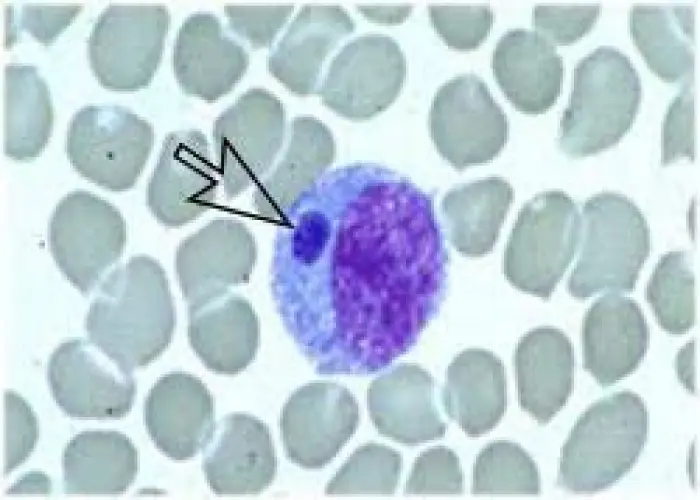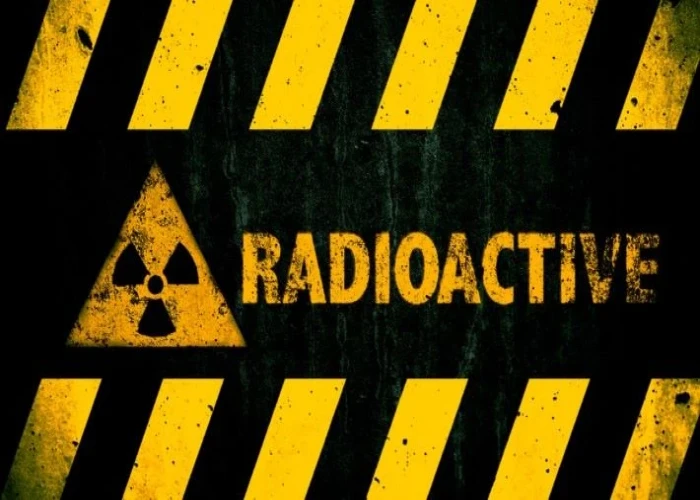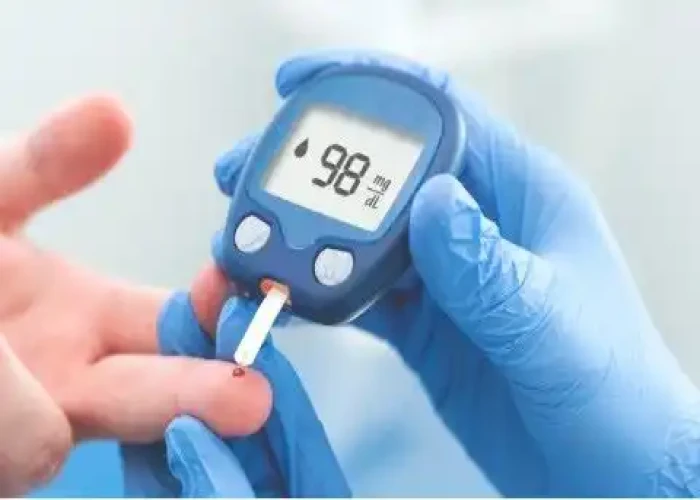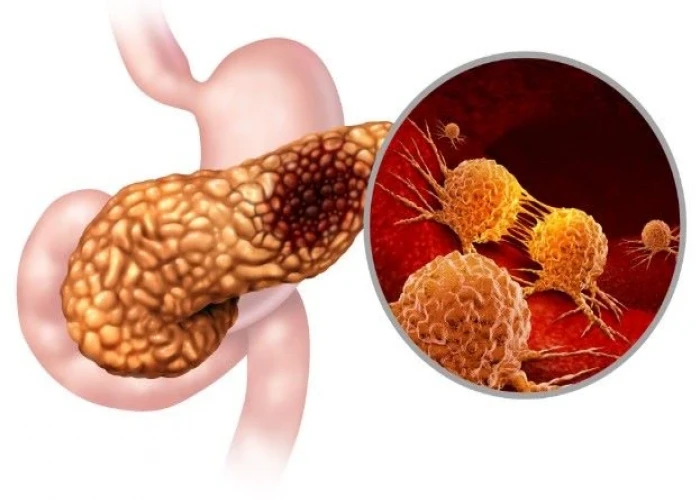 Welcome
Welcome
“May all be happy, may all be healed, may all be at peace and may no one ever suffer."
Vasculitis

Vasculitis is a group of conditions that involve inflammation of the blood vessels. The inflammation can cause damage to the blood vessels, which can lead to a variety of symptoms depending on the location and severity of the inflammation.
There are many types of vasculitis, each with its own set of symptoms and potential complications. Some types of vasculitis affect only small blood vessels, while others can affect larger vessels.
Symptoms of vasculitis can include fever, fatigue, weight loss, joint pain, skin rashes or ulcers, and neurological symptoms such as numbness, tingling, or weakness. Complications of vasculitis can include organ damage, such as kidney or lung damage, or blood clots.
Treatment for vasculitis may involve medications to reduce inflammation, such as corticosteroids or immunosuppressants. In some cases, plasmapheresis (a procedure to remove harmful antibodies from the blood) or intravenous immunoglobulin (IVIG) therapy may also be used.
The prognosis for vasculitis depends on the specific type and severity of the condition. Early diagnosis and treatment are important to prevent complications and manage symptoms. It is important to consult with a healthcare professional if any symptoms of vasculitis are present or if there are concerns about potential complications.
Research Papers
Disease Signs and Symptoms
- Fever
- May develop shortness of breath or even cough up blood if vasculitis affects lungs.
- The palms of the hands and soles of the feet might swell or harden.
- Some types of vasculitis can cause numbness or weakness in a hand or foot.
- Giant cell arteritis can cause double vision and temporary or permanent blindness in one or both eyes.
- Vasculitis can make eyes look red and itch or burn.
- Dizziness, ringing in the ears and abrupt hearing loss may occur.
- Ulcers and perforations are possible and may result in blood in the stool.
- The stomach or intestines are affected, may experience pain after eating.
- Weakness and numbness in legs
- Weakness and numbness in arms
- Dizziness (vertigo)
- Weight loss
- Fatigue (Tiredness)
- Headaches
- Bleeding under the skin can show up as red spots.
Disease Causes
Vasculitis
The exact cause of vasculitis isn't fully understood. Some types are related to a person's genetic makeup. Others result from the immune system attacking blood vessel cells by mistake. Possible triggers for this immune system reaction include:
- Infections, such as hepatitis B and hepatitis C
- Blood cancers
- Immune system diseases, such as rheumatoid arthritis, lupus and scleroderma
- Reactions to certain drugs
Disease Prevents
Disease Treatments
Treatment focuses on controlling the inflammation and managing any underlying conditions that may be triggering the vasculitis.
Medications
A corticosteroid drug, such as prednisone, is the most common type of drug prescribed to control the inflammation associated with vasculitis.
Side effects of corticosteroids can be severe, especially if you take them for a long time. Possible side effects include weight gain, diabetes and weakened bones. If a corticosteroid is needed for long-term therapy, you'll likely receive the lowest dose possible.
Other medications may be prescribed with corticosteroids to control the inflammation so that the dosage of corticosteroids can be tapered more quickly. The medication used depends on the type of vasculitis that is present. These medications may include methotrexate (Trexall), azathioprine (Imuran, Azasan), mycophenolate (CellCept), cyclophosphamide, tocilizumab (Actemra) or rituximab (Rituxan).
The specific medications that you'll need depend on the type and severity of vasculitis you have, which organs are involved, and any other medical problems that you have.
Surgery
Sometimes, vasculitis causes an aneurysm — a bulge or ballooning in the wall of a blood vessel. This bulge may need surgery to reduce the risk of it rupturing. Blocked arteries also may require surgical treatment to restore blood flow to the affected area.
Disease Diagnoses
Disease Allopathic Generics
Disease Ayurvedic Generics
Disease Homeopathic Generics
Disease yoga
Vasculitis and Learn More about Diseases

Narcissistic personality disorder

Ehrlichiosis and anaplasmosis

Radiation enteritis

Hives (Cold urticaria)

Type 2 diabetes in children

Sunburn

Pancreatic cancer

Bronchiolitis
vasculitis, ভাস্কুলাইটিস
To be happy, beautiful, healthy, wealthy, hale and long-lived stay with DM3S.
